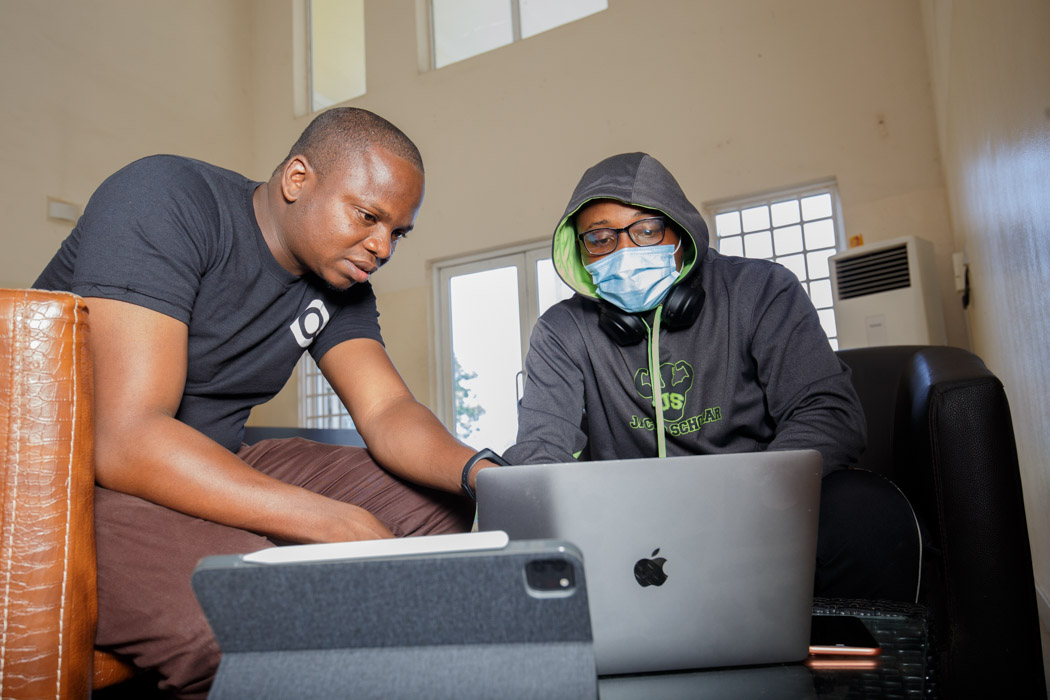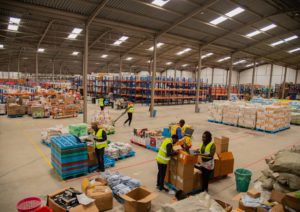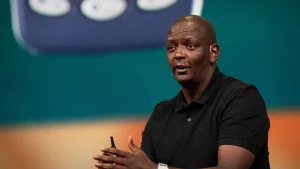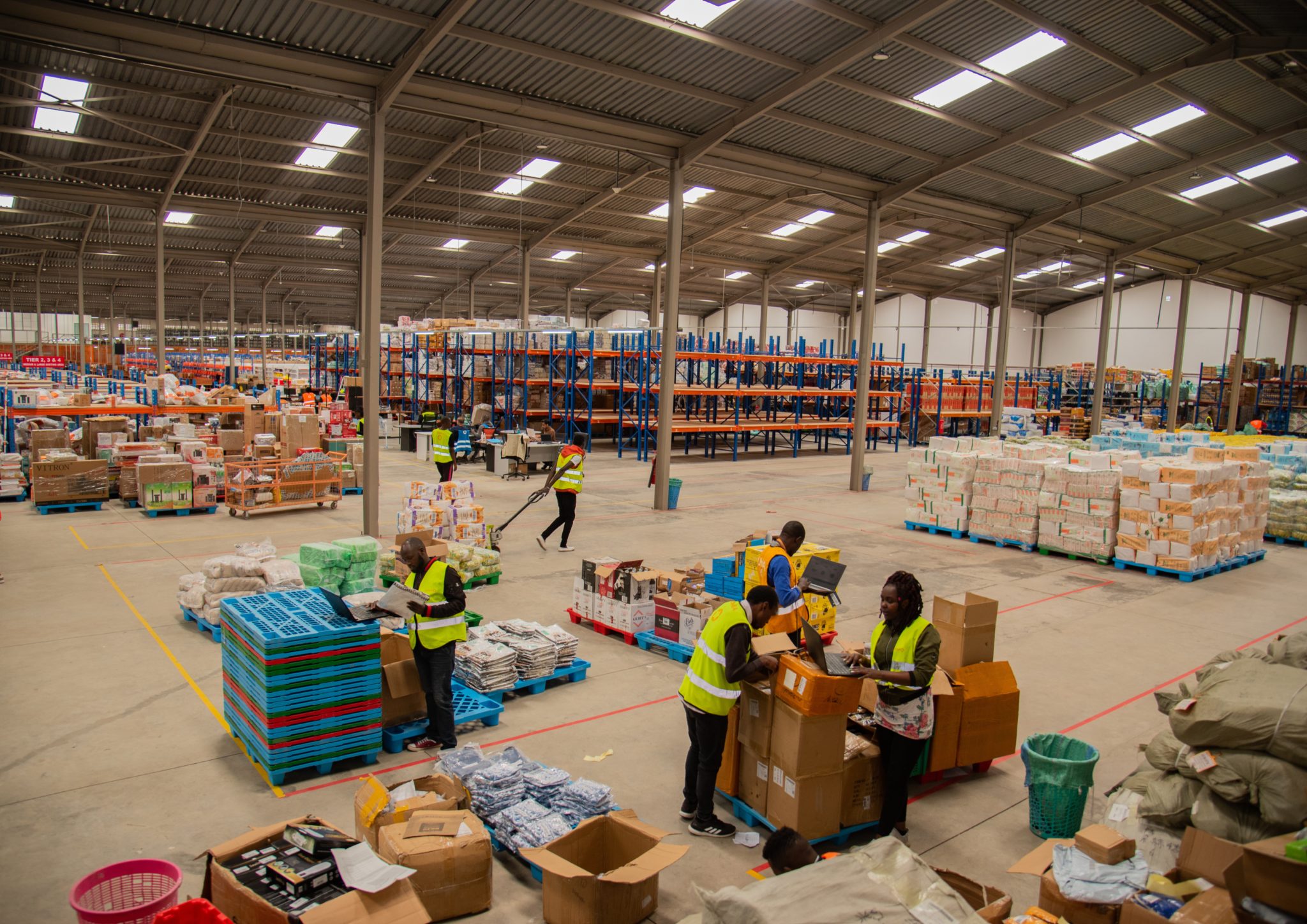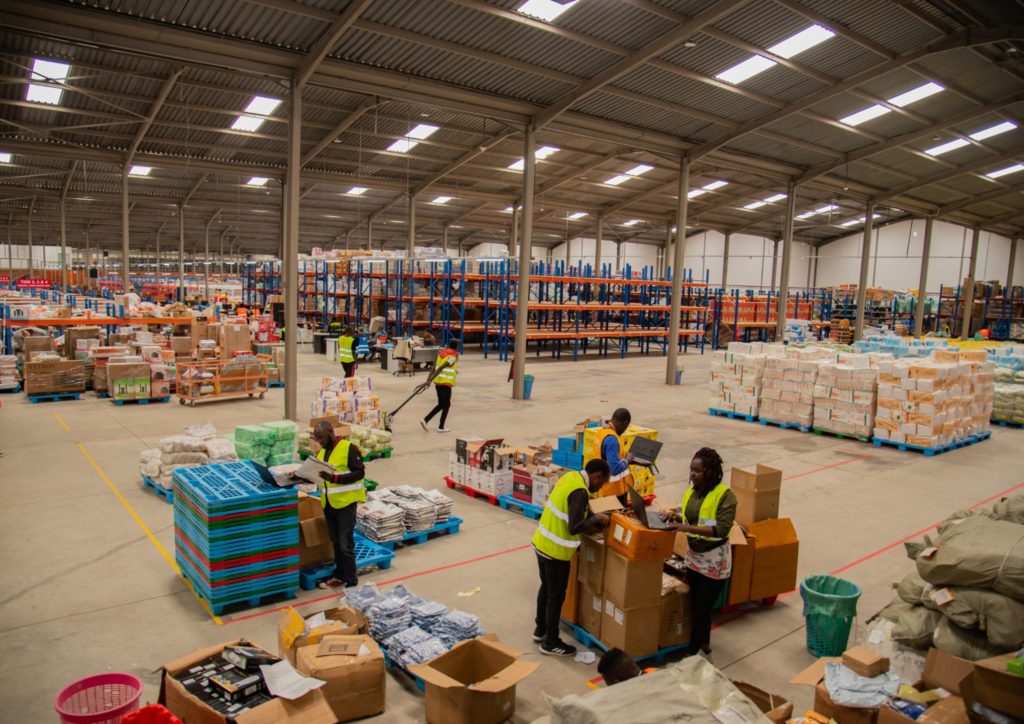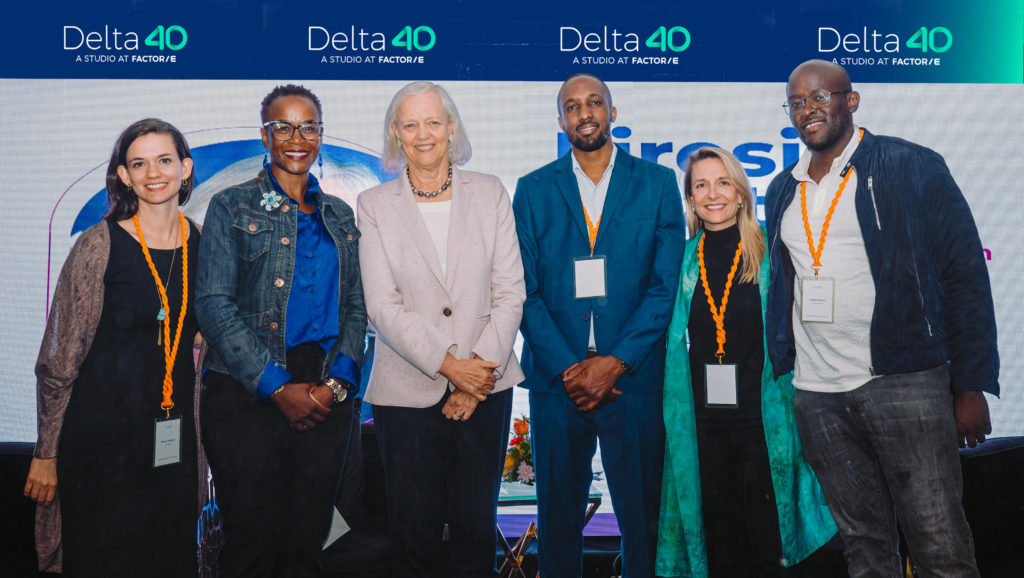Adewale Yusuf, the founder and former publisher of Techpoint, made what many saw as a bold move last year.
Not only did he swap the uncertainty of tech media for the vulnerability of founding a tech startup, he chose Ile-Ife, a town 200 km removed from the chaos of Lagos, as the “quiet location” for his new adventure.
Yusuf, along with one Jobberman co-founder and a couple other people, started TalentQL, an outsourcing firm for companies in need of quality software developers.
“Hire top vetted technical talent across Africa quickly and seamlessly,” their website says. Part of the plan was to produce talents by building campuses that house co-working spaces, with dependable electricity and Internet.
Of course this is no longer a novel startup idea. Indeed it might appear late in the day to be getting into the “tech talent matching” game. Andela, one might say, has been there, done that. There probably isn’t much mineral left in that mine.
But Yusuf thinks there is and has garnered resources to explore the endless possibilities that exist in the ecosystem. They launched last November with $300,000 seed money from Zedcrest Capital, Kola Aina of Ventures Platform and Prosper Otemuyiwa, a co-founder at Eden. In March this year, they got accepted into Techstars Toronto.
Yusuf is “convinced that what we are doing at TalentQL will change the African talent landscape. We believe that talent is Africa’s greatest export and as such needs to be developed and refined.”
All well and good. But what kind of talent are we exporting and why does it need to be refined? The answer has come nearly eight months after launch.
Meet “Pipeline by TalentQL“
This week, TalentQL has announced a “specialised training program for Software Engineers in Africa.” It is coolly named Pipeline by TalentQL.
The program is for mid-level African software engineers, defined by TalentQL as those with three years work experience. In six intensive months, each of them will access “advanced resources” and will be mentored by top senior software engineers working in global organisations like Twitter, Tesla, Gitlab, Amazon and Google.
According to Yusuf, the program is necessary because up to 90% of TalentQL’s clients want senior software engineers. Africa may have about 700,000 professional software developers but many are not experienced enough to meet global demand.
That’s a familiar line for anyone who has followed Andela’s story. Once the poster child of African tech for organising bootcamps that churned out junior developers at no initial cost, Andela hit the reality-check button in September 2019.
For a period of nine months to May 2020, Andela laid off more than 500 junior to mid level developers as they trimmed down to focus on senior talent. They have now expanded their talent pool to include Latin America to more ably serve the senior talent need that Africa alone cannot solve.
On one hand, TalentQL’s Pipeline is a welcome plan to plug the experience gap in Africa by upskilling mid-level engineers. Yusuf insists Pipeline isn’t for juniors – while the likes of Decagon and Semicolon serve as entry points for novices.
TalentQL’s promise with the program is that those who participate can expect to gain skills that will make them highly valued by employers. In addition to technical competence, Pipeline participants will be taught important soft skills.
Their mission comes from a good place but will it work?
Senior developers are not a monolith
To get a sense of what to expect from Pipeline, I asked Sheriff Shittu, who runs a platform for developers seeking jobs, for his thoughts. His first inquiry was to know if the intensive program will involve live projects.
While a training can make developers more knowledgeable, it may not immediately translate to experience and readiness for senior roles.
But “if I work on high-impact fast live projects, my growth will be faster than someone who lets on select projects for two years,” Shittu says.
For a senior developer at a Nigerian fintech, these four pillars are necessary for maturity: communication, problem solving, mentorship abilities, and ownership.
“I have been a good communicator from day one of my job, but my problem-solving abilities were not as good as they are now. If you become good at solving problems independently then you can take ownership.”
Does he think Pipeline’s six-month program will get mid-level devs to the senior ladder? “It depends, people are different.”
Inviting similar upskilling initiatives
Keeping both options in view, it is possible for TalentQL to achieve its purpose with this program if it meets a threshold for practicality and participants can meaningfully accelerate their communication and problem solving expertise.
The other implication is that Pipeline won’t be open to just any mid-level engineer who has worked for three years. There will be a screening process to choose only those who want to “make the jump to become Senior Software Developers,” Yusuf says.
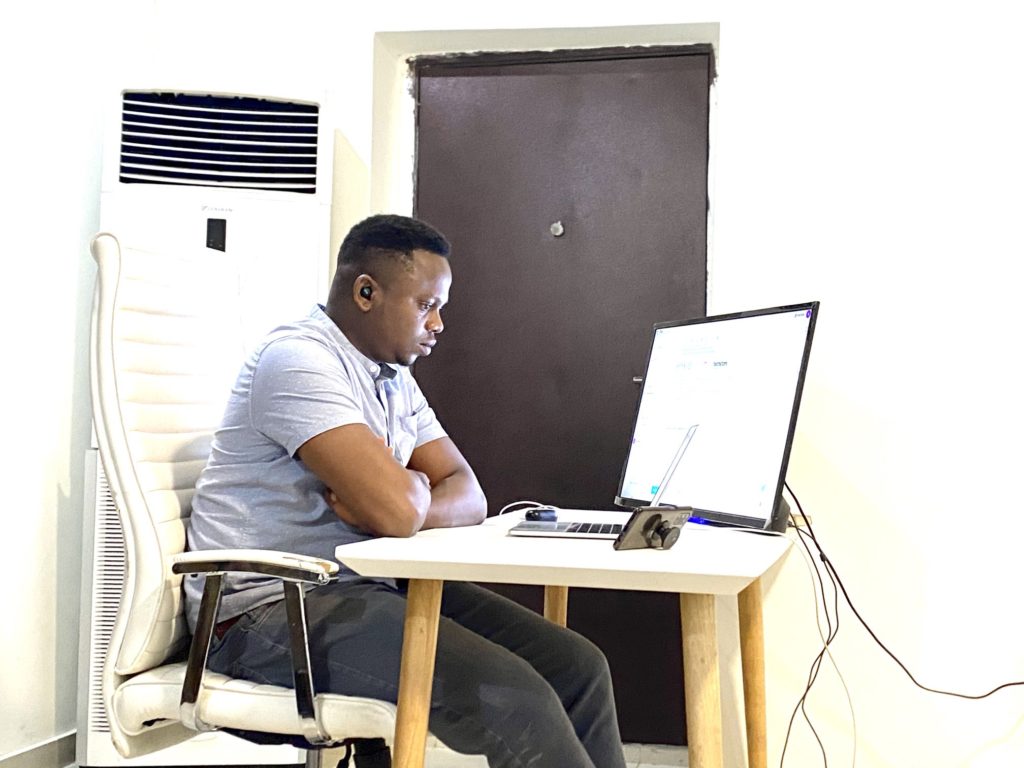
Which, as you may have deduced, means that solving Africa’s shortage of senior developers will require more than one training of this sort.
Decagon, which aims to train 10,000 developers in 10 years, currently graduates about 100 juniors a year from its campus. It is reasonable to expect a lower figure from TalentQL’s Pipeline.
Yet, it could be a valuable experiment for the ecosystem in training senior developers.
It is a free program that hopes to get returns when participants find senior work; that might be a questionable tactic seeing it didn’t work for Andela. But the justification here is that there is enough demand to absorb people who graduate.
If that proves to be true, it won’t be long before competitors arise to get a share of the Pipeline pie.









